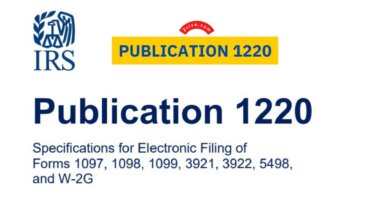High-Deductible Health Plans
HDHPs are a type of health insurance plan that requires the policyholder to pay a higher deductible before their insurance coverage kicks in. While HDHPs can be a good choice for some people, it's important to understand how they work and whether they're the right choice for you.

Contents
A High-Deductible Health Plan (HDHP) is a type of health insurance plan that requires the policyholder to pay a higher deductible before their insurance coverage kicks in. Deductibles for HDHPs are typically much higher than those for traditional health insurance plans, which means that policyholders will need to pay a significant amount out of pocket before their insurance starts covering the costs of their medical care. One of the benefits of an HDHP is that the monthly premiums are typically lower than those for traditional health insurance plans. This can be a good option for people who are healthy and don’t anticipate needing a lot of medical care. However, if you need medical care, you will be responsible for paying a significant portion of the cost until you reach your deductible. Once you’ve met your deductible, your insurance will begin covering a portion of your medical expenses.
In general, anyone can purchase a high-deductible health plan, but they may be especially appealing to people who are healthy and don’t anticipate needing a lot of medical care. In order to qualify for certain types of HDHPs, you may need to meet certain eligibility requirements, such as having a high-deductible health plan compatible with a health savings account (HSA).

How to Apply for a High-Deductible Health Plan?
To apply for a high-deductible health plan, you can start by visiting your state’s health insurance marketplace or by contacting a private health insurance provider directly. When shopping for an HDHP, compare the monthly premiums, deductible amounts, out-of-pocket maximums, and other costs and benefits of each plan. It’s also important to make sure that any HDHP you consider is compatible with a health savings account (HSA), which can help you save money on your healthcare expenses. Once you’ve selected an HDHP, you can enroll during the open enrollment period or during a special enrollment period if you experience a qualifying life event, such as losing your job or getting married.
FAQs
What is a high-deductible health plan (HDHP)?
An HDHP type of health insurance plan requires you to pay a higher deductible before your insurance coverage begins.
How much is the deductible for an HDHP?
The minimum deductible for an HDHP varies each year, but it is generally higher than the deductible for traditional health insurance plans.
What are the benefits of an HDHP?
The main benefit of an HDHP is that it typically has lower monthly premiums than traditional health insurance plans. Additionally, if you’re enrolled in an HDHP compatible with a health savings account (HSA), you can contribute tax-free money to your HSA to help pay for your healthcare expenses.
What are the drawbacks of an HDHP?
The main drawback of an HDHP is that you’ll have to pay more out of pocket before your insurance coverage begins. Additionally, some people may find it difficult to cover the high deductible if they have a lot of healthcare expenses.





